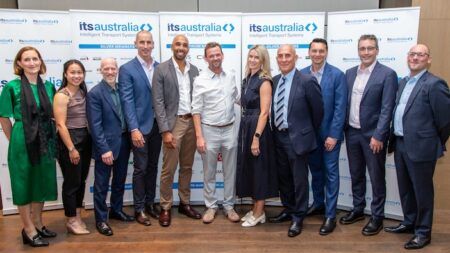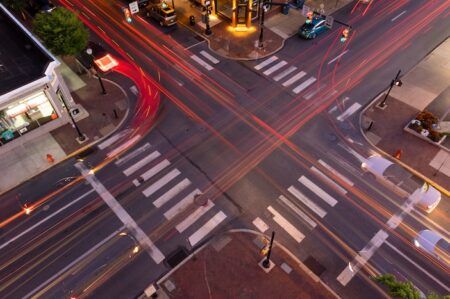The US Department of Transportation (USDOT) has announced that it will collaborate with government and private sector partners to help all seven finalists in its Smart City Challenge move forward with ideas that each city developed over the past six months, not just the eventual winner.
This collaboration will include continued support from Paul G Allen’s Vulcan Inc., and will focus resources from across the federal government and the private sector to support innovation in the cities. Under the leadership of the USDOT, the collaboration will include: the Department of Energy (DOE), the Department of Homeland Security’s Science and Technology Directorate, and the National Institute of Standards and Technology (NIST), plus support from the Challenge’s original private sector partners.
Through the competition process, the Smart City Challenge generated an unprecedented amount of private sector interest in the cities’ proposals, with more than 150 diverse industry and non-profit partners pledging approximately US$500m in resources, technology solutions, and support to implement the smart city initiatives. All seven cities have committed, regardless of which city wins the Challenge, to continue working together to support the use of technology to address issues that all cities face, and to share best practices.
The USDOT will work to identify federal resources for all seven finalists, including providing technical assistance with the department’s grant and credit programs. Partner and federal agency involvement will include the following:
Vulcan Inc. will lead the effort to bring in other philanthropists to provide additional funding to support the climate and electrification efforts of all seven cities; The DOE is committed to engaging with the finalists, as well as other aspiring smart cities, to help them with transportation system modeling and analysis, data management, and the electrification of their transportation networks; The Department of Homeland Security Science and Technology Directorate (S&T) will focus on using technology to reimagine resiliency in the digital age, helping cities improve their disaster response efforts, and become more resilient to evolving threats and climate change; Consistent with their efforts around the Global City Teams Challenge, NIST will encourage connections to enable the cities to share their ideas and solutions for replicable and measurable smart city transportation systems that go beyond traffic, in order to improve safety and mobility, catalyze economic growth, enable a cleaner and more sustainable environment, and provide an improved quality of life for residents of communities worldwide.
“Each of our finalist cities has demonstrated incredible vision and creativity in developing meaningful plans to use technology to improve the lives of their citizens and create a truly smart city,” said US Transportation Secretary Anthony Foxx. “There has been a remarkable spirit of cooperation as these cities moved through the competition, and working together with our partners, we are excited to help empower all seven finalists to move forward in creating smart cities.”




